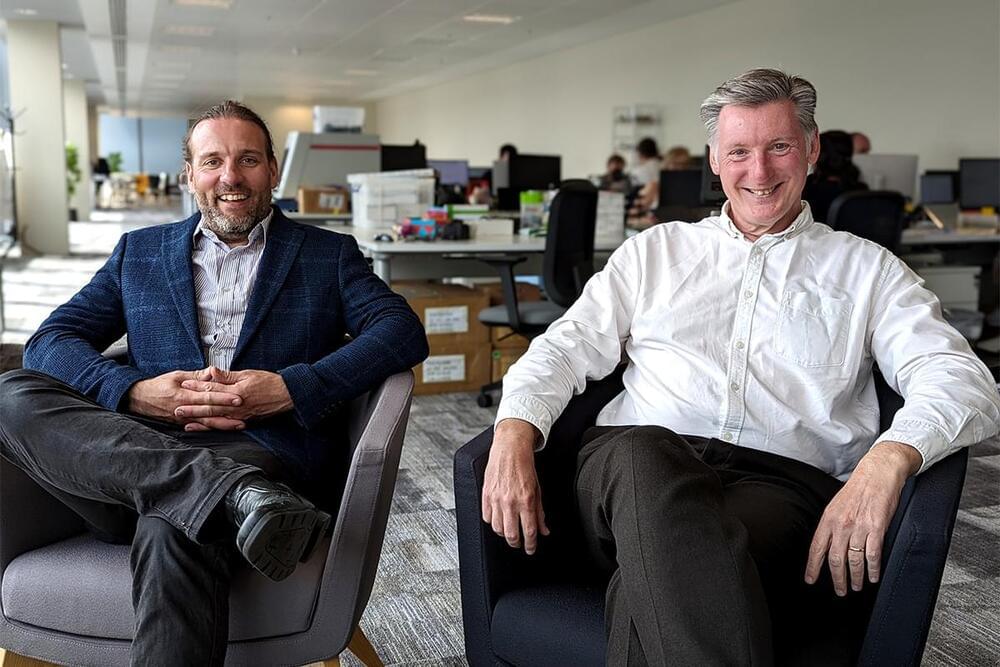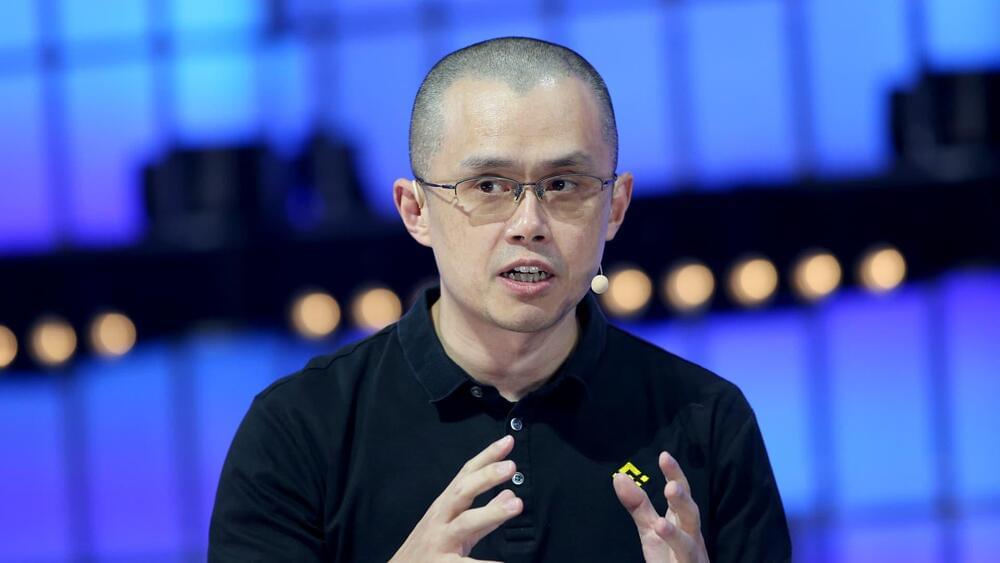The quiet October 29 announcement of the partnership is light on details, stating that Trust Lab and In-Q-Tel — which invests in and collaborates with firms it believes will advance the mission of the CIA — will work on “a long-term project that will help identify harmful content and actors in order to safeguard the internet.” Key terms like “harmful” and “safeguard” are unexplained, but the press release goes on to say that the company will work toward “pinpointing many types of online harmful content, including toxicity and misinformation.”
Though Trust Lab’s stated mission is sympathetic and grounded in reality — online content moderation is genuinely broken — it’s difficult to imagine how aligning the startup with the CIA is compatible with Siegel’s goal of bringing greater transparency and integrity to internet governance. What would it mean, for instance, to incubate counter-misinformation technology for an agency with a vast history of perpetuating misinformation? Placing the company within the CIA’s tech pipeline also raises questions about Trust Lab’s view of who or what might be a “harmful” online, a nebulous concept that will no doubt mean something very different to the U.S. intelligence community than it means elsewhere in the internet-using world.






